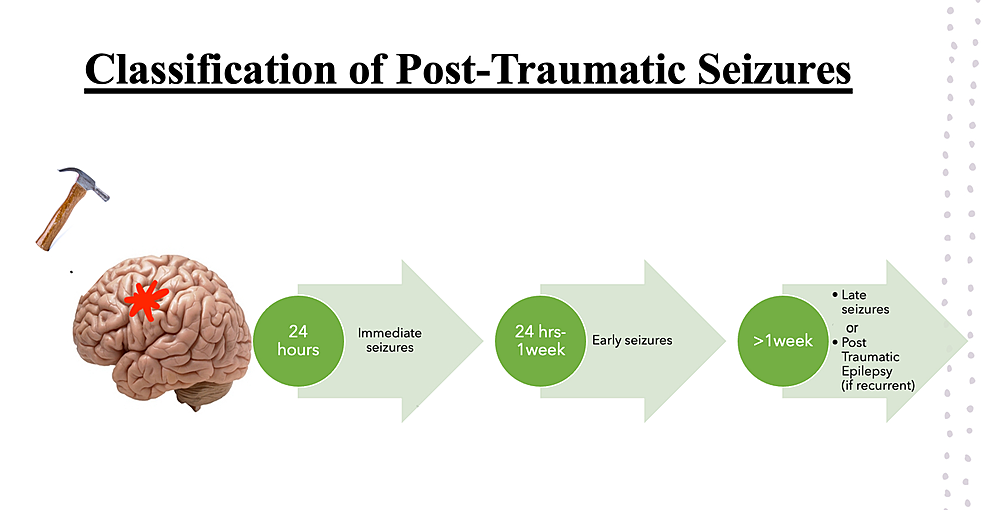Benefits of Medicare
Medicare is a vital program that provides health insurance to millions of Americans. In this article, we will explore the numerous benefits of Medicare and how it plays a crucial role in ensuring access to quality healthcare for eligible individuals.
Comprehensive Coverage
One of the key advantages of Medicare is its comprehensive coverage. Medicare consists of different parts that cater to specific healthcare needs:
Part A: Hospital Insurance – Covers inpatient hospital stays, skilled nursing facility care, hospice care, and some home health services.
Part B: Medical Insurance – Covers doctor visits, preventive services, durable medical equipment, and certain outpatient care.
Part C: Medicare Advantage – Offers an alternative way to receive Medicare benefits through private insurance companies.
Part D: Prescription Drug Coverage – Helps pay for prescription medications.
Financial Protection
Medicare provides significant financial protection to beneficiaries. With Medicare, individuals have access to affordable healthcare services, reducing the burden of medical expenses. Here are some ways Medicare offers financial protection:
Low-Cost Premiums: Most people do not pay a premium for Part A coverage, and Part B premiums are typically affordable.
Deductibles and Copayments: Medicare helps cover the cost of deductibles and copayments, ensuring that beneficiaries are not overwhelmed by medical bills.
Out-of-Pocket Maximums: Medicare Advantage plans have annual out-of-pocket maximums, limiting the total amount individuals have to spend on healthcare services.
Flexibility and Choice
Medicare offers flexibility and choice when it comes to healthcare providers. Beneficiaries can choose their doctors, hospitals, and other healthcare providers who accept Medicare. This freedom allows individuals to receive care from the providers they trust and feel comfortable with.
Preventive Services
Medicare emphasizes the importance of preventive care to maintain good health and detect potential issues early on. Beneficiaries have access to a range of preventive services, such as:
Annual wellness visits
Screenings for various conditions (e.g., cancer, diabetes, cardiovascular diseases)
Vaccinations (e.g., flu shots, pneumococcal vaccines)
Additional Benefits
Aside from the core coverage, Medicare may also offer additional benefits that vary depending on the chosen plan. Some of these additional benefits may include:
Vision care
Dental care
Hearing aids
Fitness programs
Prescription drug coverage

Medicare is a crucial program that provides comprehensive coverage, financial protection, flexibility, and preventive services to eligible individuals. It plays a vital role in ensuring access to quality healthcare for millions of Americans. By understanding the benefits of Medicare, individuals can make informed decisions about their healthcare needs and lead healthier lives.
Frequently Asked Questions about the Benefits of Medicare
1. What is Medicare?
Medicare is a federal health insurance program in the United States that provides coverage for individuals aged 65 and older, as well as certain younger individuals with disabilities.
2. What are the benefits of Medicare?
Medicare offers various benefits, including hospital insurance (Part A), medical insurance (Part B), and prescription drug coverage (Part D). It helps cover the costs of healthcare services, preventive care, and prescription medications.
3. Who is eligible for Medicare?
Individuals aged 65 and older, certain younger individuals with disabilities, and individuals with end-stage renal disease (ESRD) or amyotrophic lateral sclerosis (ALS) are eligible for Medicare.
4. How do I enroll in Medicare?
You can enroll in Medicare by applying online through the Social Security Administration’s website, by calling their toll-free number, or by visiting a local Social Security office.
5. Are there any costs associated with Medicare?
While some services may require copayments, deductibles, or coinsurance, many preventive services are covered at no cost. The costs of Medicare can vary depending on the specific plan and coverage you choose.
6. Can I have other health insurance along with Medicare?
Yes, you can have other health insurance, such as employer or union coverage, along with Medicare. This is known as “dual coverage.” Medicare will coordinate with your other insurance to determine which one pays first.
7. What is the Medicare Advantage program?
The Medicare Advantage program (Part C) is an alternative to Original Medicare (Part A and Part B) and is offered by private insurance companies. It provides the same benefits as Original Medicare, along with additional benefits like prescription drug coverage.
8. Are prescription drugs covered under Medicare?
Prescription drug coverage is available through Medicare Part D. It helps pay for both brand-name and generic prescription medications, and the specific drugs covered can vary depending on the plan you choose.
9. What is the Medicare Open Enrollment Period?
The Medicare Open Enrollment Period occurs annually from October 15th to December 7th. During this time, individuals can make changes to their Medicare coverage, such as switching from Original Medicare to a Medicare Advantage plan or vice versa.
10. How can I find more information about Medicare?
You can visit the official Medicare website at www.medicare.gov or call 1-800-MEDICARE to get more information about the program, its benefits, and the coverage options available to you.




